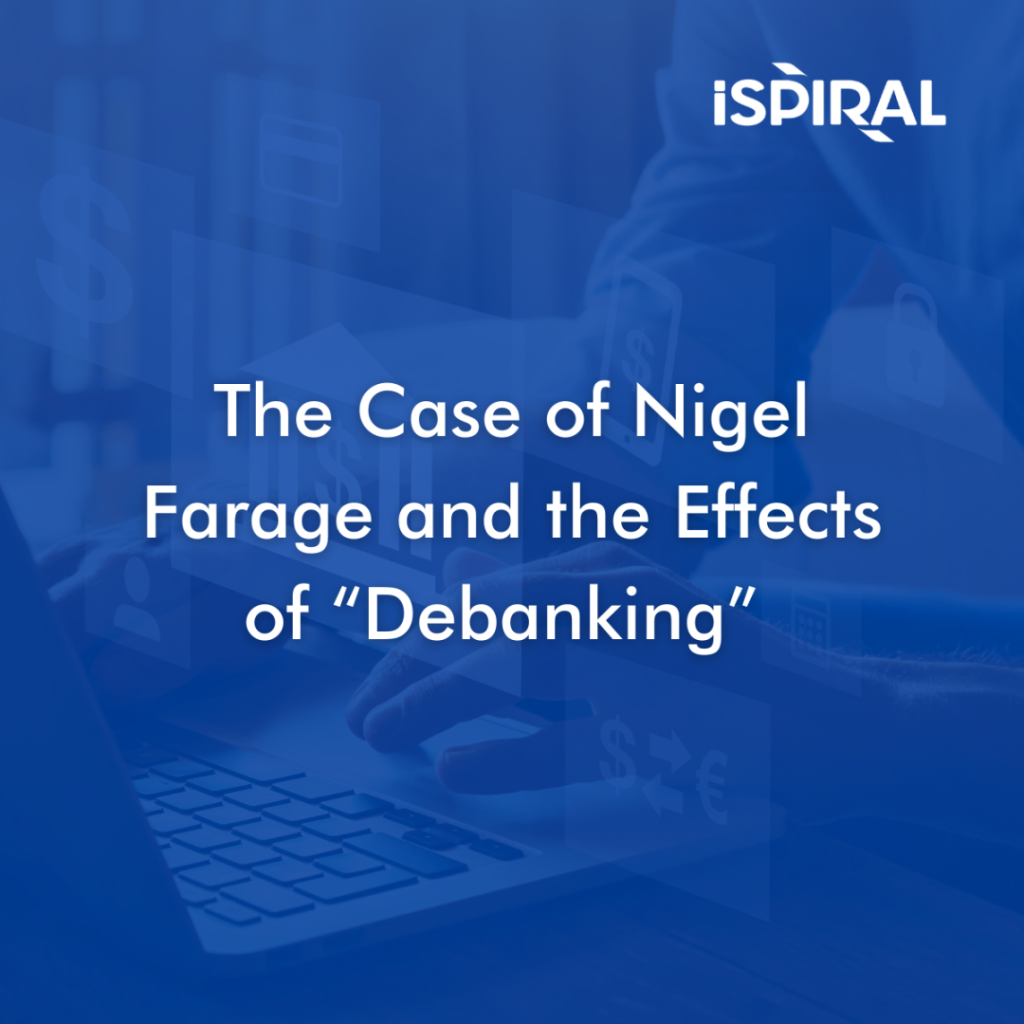Environmental, Social and Governance criteria may be the new buzzword in financial investment, but it’s actually been around for years.
Back in the 18th century, Quakers and Methodists set clear guidelines as to the types of socially responsible company in which adherents should invest. By the 1960s, certain investors were excluding stocks or industries from their portfolios based on the companies’ business activities, such as tobacco production or opposition to the civil rights movement. And in 2018, investors and asset managers evaluated ESG in approximately $12 trillion worth of assets, an increase of nearly 40 per cent over two years.
Today, with ethical considerations and alignment with values becoming increasingly common investment motivators, and data more transparent than ever before, ESG is really coming into its own. The European Commission has announced it will invest €1 trillion in ESG by 2030, while it’s estimated that major private sector investments will total €2.5 trillion over the next decade.
WHO IS DRIVING ESG?
] But who is driving this growth, what’s causing interest in ESG to rocket, and how will those in the financial sector be affected?
But who is driving this growth, what’s causing interest in ESG to rocket, and how will those in the financial sector be affected?
The growth in ESG is being driven, primarily, by investors.
Environment
Investors who are increasingly concerned with the ecological impact of their investments will look at how a comp-any’s behaviour affects the environment: does it support renewable energy sources, does it advocate management of natural resources, does it adopt carbon neutrality?
Social
Social issues are becoming more relevant than ever to investors, who ask questions such as: does the company support employment equality and gender diversity, what is its track record concerning product safety and liability, and how do its policies affect human rights or privacy issues?
Governance
Governance refers to the internal operations of a company. When looking at potential investments, investors often consider whether the company’s compensation of employees, its tax strategy and accounting standards, and whether it has emplaced strong measures to combat fraud, corruption and bribery.
What is causing the Interest in ESG?
As ESG becomes ever more pertinent, many investors now couple their traditional financial analysis with environmental, social, and governance factors when deciding where to invest their money. “ESG is linked not only to new risks, but also to new opportunities,” says Jeanne Aing, Head of CIB Regulatory Anticipation, BNP Paribas. “We are undergoing an ESG revolution driven by an exceptional growing investor demand.”
There have been three main deciding factors in this growth:
1. A Changing World
In today’s global economy, new risks have emerged for investors: climate change, increased regulatory pressures, social and demographic shifts, and privacy and data security concerns. The pandemic also brought its own set of economic challenges, as some industries struggled to manage their ESG concerns.
2. Better Data
Advanced technology, including artificial intelligence (AI) and machine learning mean investors no longer need to rely on voluntary data disclosure. Today, data collection, analysis and validation deliver up-to-the-minute insight into financially relevant ESG information.
3. A New Generation
Millennial investors, who are far more concerned about where their money is being used, are driving the rapid growth in ESG investment. In 2018, the Bank of America Merrill Lynch suggested a conservative estimate of $20 trillion of asset growth in US-domiciled ESG funds alone over the next 20 years.
How is ESG affecting the Financial Sector?
With ESG regulatory framework evolving rapidly in an effort to prevent greenwashing and provide transparency to investors, companies now need to redefine the way in which they conduct business. Just this May, Deutsche Bank was raided by law enforcement on suspicion of the fraudulent advertising of sustainable investment funds in an effort to boost business – another massive hit to the Bank’s already shaky reputation.
While there’s still some confusion as to what, exactly, is considered ESG (Standard & Poor recently removed Tesla from its ESG 500 index, though oil giant Exxon remained), Environmental Social and Governance is no longer something that can be ignored. It has become, quite simply, the language of money: a turn towards consciousness rather than consumption. And, given the increasing relevance of ESG to investors, no financial institution or compliance officer can now afford to ignore its importance.
The Language of Money and Integrity
At iSPIRAL we help you relieve increased regulatory pressures; our RegTek+ gives emphasis on combating fraud, corruption and money laundering through a Complete Client Lifecycle Management, KYC & AML solution.
More information about your Regulatory Technology Partner at i-spiral.com



